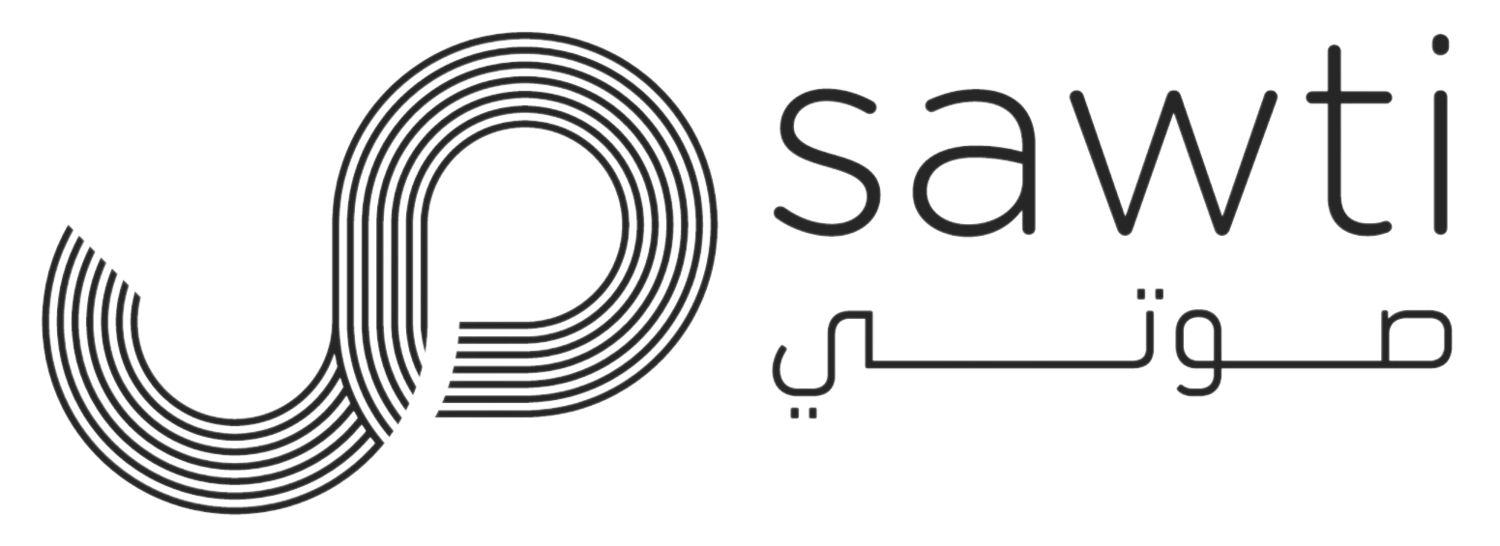Views on a Transitional Government
LiHaqqi
Sawti sent the same questions to each alternative party to better understand their current views on a transitional government.
The responses here were provided by LiHaqqi, and represent their views.
1. Is your party in favor of a transitional government with extraordinary powers? Why or why not?
A transitional government is the tool towards a new system, and not a goal in itself. Considering that the sectarian system is collapsing, a transitional government that is independent from the ruling regime will lead to the new system, defined by secularism, decentralization, and social justice.
2. How can we get there?
Like any other demand that political parties outside the ruling class are holding, people’s support and pressure is what gives it legitimacy. This can be expressed in different forms, from demonstrations to petitions. However, it needs to be eventually held by political alliances and coordination among political movements and parties that represent a wide range of groups from different areas, sectors, and social categories.
3. Practically speaking, what are such a government's immediate priorities?
Lihaqqi published a ministerial statement in February 2020 that was further updated in August 2020, and included a set of decisions and reforms that a transitional government would apply:
The statements include 4 main sections:
Addressing the economic crisis, while ensuring fair distribution of losses. This is possible through a list of financial and administrative reforms, besides legal amendments including a comprehensive restructuring of the public debt, imposing a one-time progressive exceptional tax on large deposits and illicit enrichment, and others. In addition to laying ground for economic development in productive sectors.
Enforcing judicial reforms to apply criminal investigation and follow up with Beirut blast investigation.
Applying political and administrative reforms, including the new civil personal status law, implementing the expanded administrative decentralization law that was put in 2014, the law on political parties, and a revised new electoral law.
Applying reforms in social care, so ensure the state’s investment in sectors that secure decent living for citizens, including health, education, food and housing.
4. How long would a transitional government last? What comes after it?
Circumstances through which the transitional government is formed, the economic situation, and the exact mission to which it will be entrusted, will determine its time.
However, one of its main roles will be to form an independent committee to manage and oversee the whole process of parliamentary elections.

